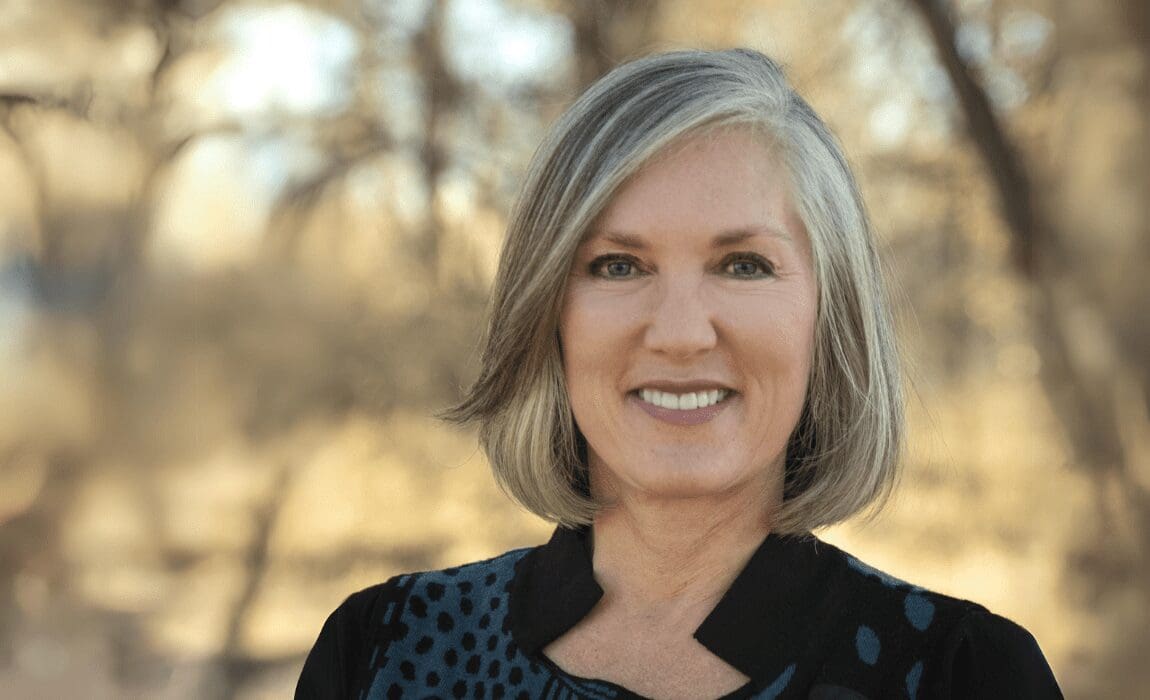Nanette Lockwood is a serious figure in the world of global environmental advocacy, influencing the formation and continuation of the Paris Accord and Montreal Protocol climate initiatives. Now, as an instructor in University College’s Environmental Policy and Management program, she wants to give professionals a fast-track to impact the climate in their future careers.
“Teaching is an opportunity to work with students who are passionate about the topic and help them move more quickly into this arena,” Lockwood says. “If we’re going to make a difference in the climate, then we need to get people up to speed as fast as possible.”
Making an impact along the way
Lockwood began her career in engineering, working in the cleanup of contaminants in the ground and water, but quickly decided that cleanup wasn’t enough. She wanted to tackle the root causes of environmental problems. She earned her master’s in environmental engineering, a law degree, and another master’s in environmental law, all while working full-time.
Working for consulting firms and large multinational corporations trying to influence the regulatory system, Lockwood rose to advocacy positions in more influential arenas. She interacted with the energy, architectural, and automotive sectors in her work to make environmental regulations more effective.
Most recently, she worked for Trane Technologies, where she oversaw climate policy and advocacy on a global basis, leading the company’s US and United Nations advocacy engagement at climate weeks and at the Montreal Protocol and Paris Agreement annual meetings.
Giving back through University College
Lockwood stresses that environmental issues cannot be combatted incrementally—the changes must be “transformational.” Her diverse portfolio of experience provides exceptional opportunities for students to get firsthand insight into all facets of environmental law and policy.
“DU’s Environmental Policy and Management program provides a unique opportunity to learn from people in the field and to learn functional skills that will allow them to take action and truly make a difference,” she said.
Lockwood believes this real-world understanding of how best to engage in the regulatory process is vital. “You can come in [to my course] and learn a lot about the legal side of things, which you need to know if you are going to make any changes without having to go to law school,” she said.
After a long and impactful career, Lockwood is focused on developing thoughtful and essential practices in her students so that her fight for positive change can not only endure, but progress.
“Everything I have always worked on has filtered into addressing the climate situation,” Lockwood says. By teaching the next generation, Lockwood wants “to be able to make a difference in something I have strong feelings about, and I want to make the world a better place.”




